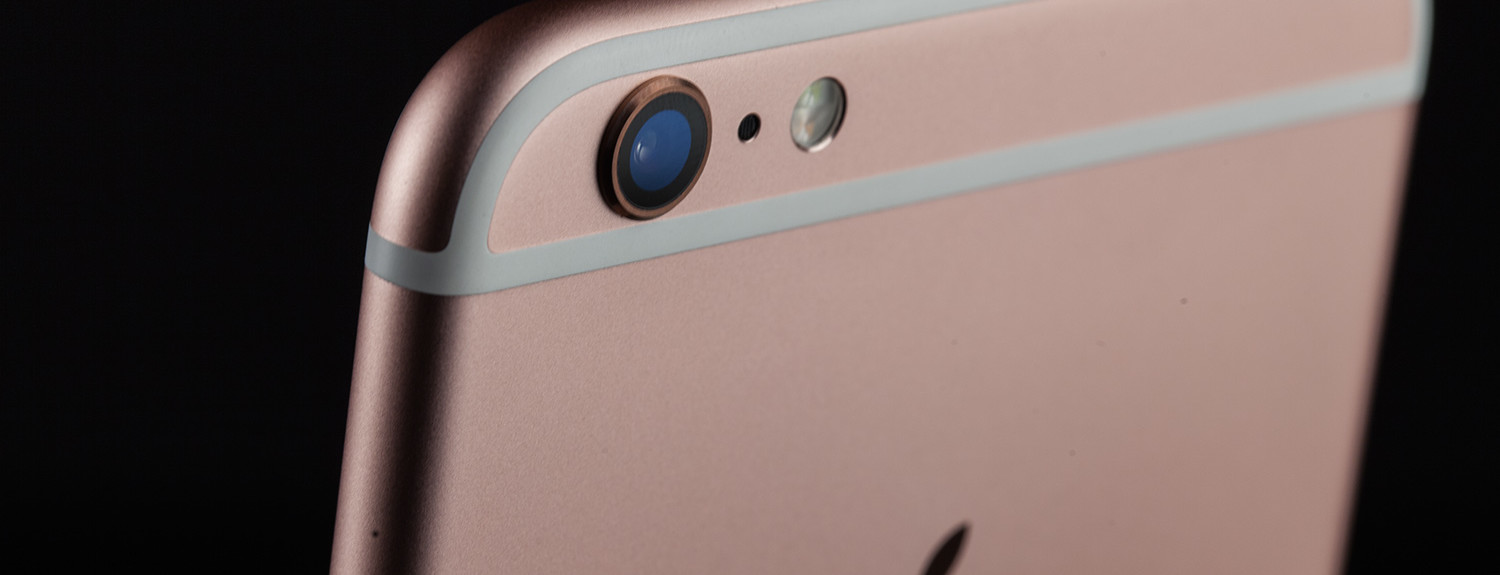The San Bernardino gunman’s IPhone may hold the key to who orchestrated December’s deadly shooting, but its secrets are locked behind an iOS feature that wipes a phone’s data after ten unsuccessful login attempts.
Apple, the company that might be able to hack the phone, isn’t talking either.
In December 2015, Syed Rizwan Farook and his wife Tashfeen Malik opened fire at a holiday party taking place at San Bernardino County Department of Public Health. The married couple shot and killed 14 people and injured many more before perishing in a shootout with police. They left behind their infant child, as well as a brother-in-law who is a decorated Marine.
In the aftermath of this sudden tragedy, investigators scrambled to find any information that might shed light on the couple’s motives. Though the FBI did dig up a social media post declaring allegiance to ISIS, the digital trail leading to terrorism remains faint.
The one lead the FBI does have? Farook’s IPhone, which was issued by San Bernardino County.
But Apple’s security settings will erase the entire phone’s memory if the FBI fails to break into it within the first ten attempts. To circumvent this feature, the FBI turned to the courts to compel Apple to create a new iOS that would allow it to try millions of password combinations.
Apple executive Tim Cook won’t hear it, and his reasons actually make a lot of sense.
“The U.S. government has asked us for something we simply do not have, and something we consider too dangerous to create,” Cook wrote in a letter. “They have asked us to build a backdoor to the iPhone.”
The government would have us remove security features and add new capabilities to the operating system, allowing a passcode to be input electronically. This would make it easier to unlock an iPhone by “brute force,” trying thousands or millions of combinations with the speed of a modern computer.
The implications of the government’s demands are chilling. If the government can use the All Writs Act to make it easier to unlock your iPhone, it would have the power to reach into anyone’s device to capture their data. The government could extend this breach of privacy and demand that Apple build surveillance software to intercept your messages, access your health records or financial data, track your location, or even access your phone’s microphone or camera without your knowledge.
Should Apple give in and help the FBI break into the San Bernardino gunman’s IPhone? Or is this an example of government overreach? Sound off in the comments.




































